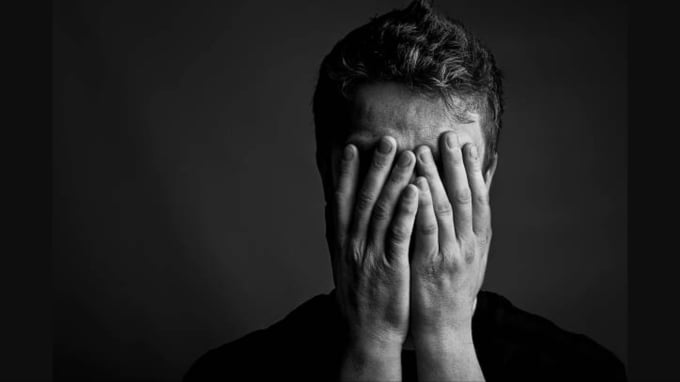Borderline personality disorder
Borderline personality disorder:
Borderline personality disorder (BPD) is also known as emotionally unstable personality disorder (EUPD) is a long term pattern of behavior characterized by unstable relationship with other people, unstable sense of self and unstable emotions. There is frequent dangerous behavior and self harm. People may also have trouble with feeling of emptiness and a fear of abandonment.
Developmental coarse:
About 1.6% people have BPD in given year. Females are diagnosed about three time as often as males. It appears to become less common in older people.
Symptoms:
Symptoms vary from person to person. Common symptoms include:
- having unstable or dysfunctional self-image or distorted sense of self
- feeling of isolation, boredom and emptiness
- difficulty feeling empathy for others
- a history of unstable relationships that can change drastically from intense love and idealization to intense hate
- a persistent fear of abandonment and rejection, including extreme emotional reactions to real and even perceived abandonment
- intense, highly changeable moods that can last for several days or for just a few hours
- strong feeling of anxiety , worry and depression
- impulsive, risky, self-destructive and dangerous behavior including reckless driving, drug or alcohol abuse and having unsafe sex
- hostility
- unstable career plans, goals and aspirations
Causes:
The causes of BPD isn't yet clear but researches suggest that genetics. brain structure and function and environmental, cultural and social factors play role or may increase the risk for developing BPD.
Genetic causes:
people who have a close family member such as parent or sibling with the disorder may be at higher risk of developing BPD.
Brain structure:
Studies show that people with BPD can have structural and functional changes in the brain especially in the areas that control ipulse and emotional regulation.
Environmental , cultural and social factors:
Many people with BPD report experiencing traumatic life events, such as abuse, abandonment, or adversity during childhood. Other may have been exposed to unstable , invalidating relationships and hostile conflicts.
Treatment:
The recommended treatments for BPD includes psychotherapy , medication and peer , group and family support.
Psychotherapy:
Psychotherapy is the first line treatment for BPD and severe form of therapy such as dialectical behavioral therapy (DBT) , metalization based therapy (MBT), cognitive behavioral therapy
(CBT) and psycho dynamic psychotherapy have been studied and proven to be effective ways to alleviate symptoms.
(CBT) and psycho dynamic psychotherapy have been studied and proven to be effective ways to alleviate symptoms.
Group and individual therapy:
Group and individual therapy have been shown to be effective forms of treatment for many patients.
Pharmacological treatment:
Pharmacological treatment are often prescribed based on specific target symptoms shown by the individual patient. Anti depressant drugs and mood stabilizer may be helpful for depressed and/or labile mood. Anti psychotic drugs may also be used when there are distortion in thinking.
References:
- Borderline personality disorder.(n.d). Retrieved from: https;//en.wikipedia.org/wiki/borderline-personality-disorder. Accessed on 9 march 2018
- Psychology today. (n.d).Retrieved from:https://www.psychologytoday.com/conditions/borderline-personality-disorder.accessed on 9 march 2018
- Borderline personality disorder.(n.d). Retrieved from: https://www.nimh.nih.gov/health/topics/borderline-personality-disorder.accessed on 9 march 2018
- psycom.(n.d).Retrieved from: https://www,psycom.net/depression.control.borderline.html,accesses on 9 march 2018



Comments
Post a Comment